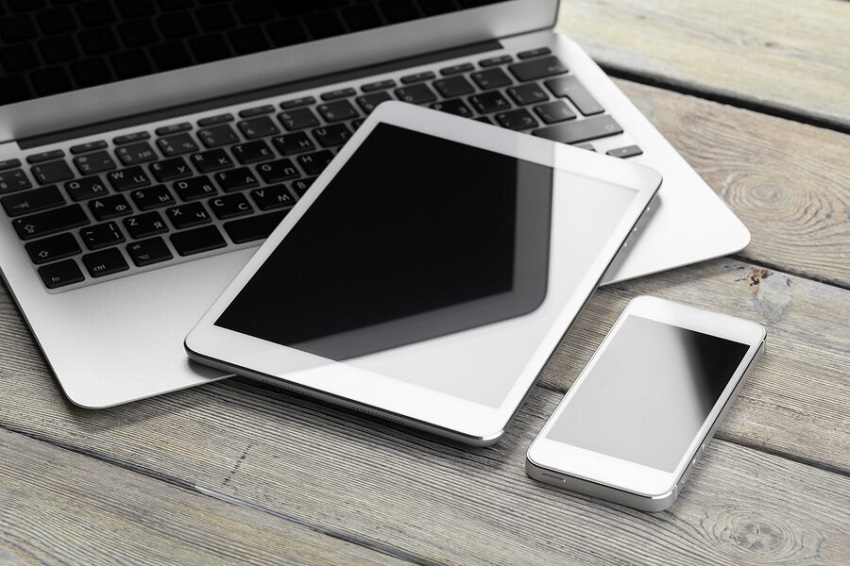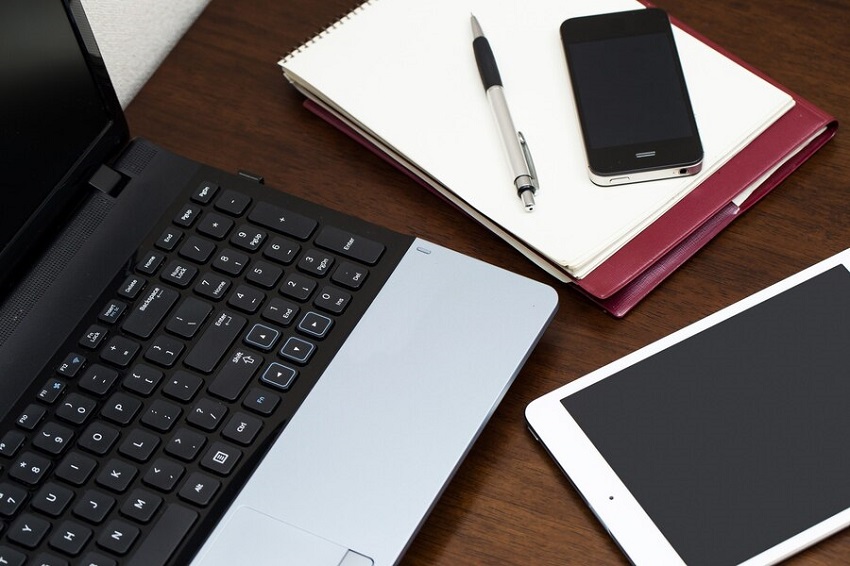
01 Sep What is the Difference Between Smartphones, Tablets, and Computers?
In the modern world of technology, we are surrounded by various devices that make our lives easier and more connected. Among these, smartphones, tablets, and computers stand out as indispensable tools for communication, work, and entertainment. But what exactly sets them apart? In this article, we’ll explore the key differences between smartphones, tablets, and computers, helping you understand their unique features and purposes. This article is organized by Web-build.info.
Understanding the Basics
Smartphones: Your Pocket-Sized Powerhouse
Smartphones have become an integral part of our daily lives. These compact devices combine a mobile phone with the capabilities of a computer. They fit comfortably in your pocket or purse, allowing you to stay connected on the go. Smartphones come with touchscreens, which serve as both input and output interfaces, and they support various applications to perform tasks ranging from sending messages to running complex applications. Discover the difference between tablet and smartphone.
Tablets: The Bridge Between Smartphones and Computers
Tablets fill the gap between smartphones and computers. They offer a larger screen compared to smartphones, making them suitable for activities like reading, watching videos, and light productivity tasks. Tablets provide more screen real estate without the bulkiness of a laptop, making them a popular choice for entertainment and casual work.
Computers: The Workhorses of Productivity
Computers, including laptops and desktops, are the epitome of productivity. They offer powerful processors, ample storage, and a range of software options for tasks that demand significant processing power, such as video editing, software development, and heavy multitasking. Computers come in various sizes and configurations to cater to different needs.
Comparing Features
1. Size and Portability
- Smartphones: Extremely portable due to their small size, making them convenient for everyday use and communication.
- Tablets: Larger than smartphones but still portable enough for on-the-go use.
- Computers: Less portable compared to smartphones and tablets due to their size and weight.
2. Screen Size and Usage
- Smartphones: Have relatively small screens, suitable for quick tasks, browsing, and communication.
- Tablets: Offer larger screens for enhanced content consumption and light productivity.
- Computers: Feature the largest screens, making them ideal for complex tasks, work, and entertainment.
3. Processing Power and Performance
- Smartphones: Have sufficient processing power for most everyday tasks and apps.
- Tablets: Offer better processing power than smartphones, capable of handling more demanding apps and multitasking.
- Computers: Provide the highest processing power and performance, suitable for resource-intensive tasks. You may like to read: IS FULL CONE NAT BETTER?
4. Input Methods
- Smartphones: Primarily use touchscreen input, with virtual keyboards for typing.
- Tablets: Also rely on touchscreens but may support external keyboard attachments for more extensive typing tasks.
- Computers: Utilize physical keyboards and mice or touchpads for input, allowing for efficient text entry and precise control.
5. Productivity and Multitasking
- Smartphones: Limited multitasking capabilities due to screen size and resource constraints.
- Tablets: Better multitasking than smartphones, but still not as efficient as computers.
- Computers: Excel in multitasking and productivity, with the ability to run multiple applications simultaneously.
Use Cases
Smartphones, Tablets, and Computers in Action
To illustrate the differences further, let’s consider a few scenarios:
- Checking Email: Smartphones offer quick email access, tablets provide a more comfortable reading experience, and computers allow for efficient organization and management of emails.
- Watching Movies: Smartphones are suitable for watching short clips, tablets enhance the experience with larger screens, and computers provide the best cinematic experience.
- Editing Documents: Smartphones are convenient for light editing, tablets offer better tools and space, while computers excel in complex document creation and editing.
Conclusion
In the ever-evolving landscape of technology, smartphones, tablets, and computers each have their unique role to play. The choice between them depends on your specific needs, whether it’s staying connected on the go, enjoying multimedia, or tackling intensive work tasks. Understanding their differences empowers you to make the right choice for your lifestyle and preferences.
FAQs
Q1: Can I replace my computer with a tablet for work tasks?
A: While tablets offer portability and some productivity features, computers are still more suited for demanding work tasks due to their higher processing power and versatility.
Q2: Are there any advantages of using a smartphone over a tablet?
A: Yes, smartphones are highly portable and ideal for quick tasks, communication, and being connected wherever you go.
Q3: Can I connect a keyboard to my smartphone or tablet?
A: Some tablets and smartphones support external keyboard attachments, enhancing typing capabilities for more extended writing or work tasks.
Q4: Do all computers have the same processing power?
A: No, the processing power of computers varies widely based on factors such as the type of computer (laptop, desktop, workstation) and its specifications.
Q5: Are there tasks that can only be done on a computer and not on a smartphone or tablet?
A: Yes, tasks that require significant processing power, such as video rendering or software development, are best suited for computers due to their robust hardware.


No Comments